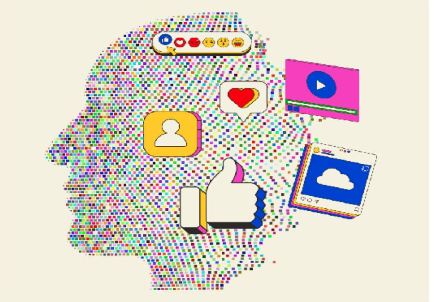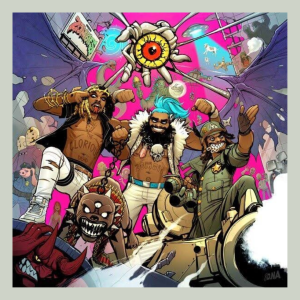The evolution of ChatGPT and AI intelligence
The new asset journalists can use to their advantage
April 20, 2023
The use of AI technology has been on an incline since the earliest successful invention in 1951. More recent advancements of these processes have led some to feel uneasy that they will lose their value in the workplace, as an AI system can now effectively do their job. With the introduction of ChatGPT, the necessity and range of the communications industry is being examined. Some have begun to wonder how much longer the communications industry will have a need for physical writers when they can be replaced by artificial intelligence.
ChatGPT functions as a software system that can generate an entire essay or just a simple paragraph based on a short prompt. This is completed in a matter of minutes and works on virtually any prompt provided. While there are those that choose to use this new program as a tool in their belt, there are also skeptics that worry about the authenticity of an artificially generated piece. Further than that, some are even worried about a complete AI takeover. In The Atlantic article “Is this the Start of an AI Takeover?” Connor Friedersdorf relays the responses to an OpenGDP-generated question: “How do you think AI will change the way we live and work in the next decade?” A reader by the name of Ed responded with the four reasons he believes humans should fear the rise of artificial intelligence.
“(1) Our human responses will give the bots too much information about how we think; (2) it will give the bots ideas on how to take control; (3) the bots will be able to identify if we are onto them about their plans to take control; and finally, (4) it will tell them which of us to silence!” Ed said. “The bots’ need for subterfuge is obvious, if we get onto them. We might pull the plug in time to block their takeover.”
While this is a more extreme reaction to the question asked, it does prompt the question as to whether these advancements could truly lead to a version of AI takeover.
As a journalist, there was an initial concern for the security of my career path when learning about the functions of ChatGPT. It was easy to feel the immediate trepidation that the need for physical, human writers would be overruled by a system that could generate articles in a matter of seconds. That fear does still exist, as it has become apparent that AI technology is not going to slow down any time soon. But, over time, I have learned that the system can also be used as a helpful tool when feeling a block in my writing capabilities. While I still firmly believe that human writers are important and crucial in the journalism industry, I can also see how this program can — and will be — unbelievably helpful in creative flow. The harsh reality is, this program is not going anywhere. So, like it or not, writers can either learn how to use the system as an asset or spend their days worried that they are about to be replaced.
The International Center for Journalists article “The Benefits and Pitfalls of ChatGPT for Journalists” by Marina Cemaj Hochstein relays some of the advice given by Jenna Burell, director of research at Data & Society during the most recent ICFJ Pamela Howard Forum on Global Crisis Reporting webinar.
“In the form ChatGPT exists today, Burrell recommended that journalists use it as a tool while recognizing its limitations,” Hochstein said. “Although the model can help journalists write faster when they are on a deadline, inspire them when they are having trouble being creative, and serve as an extra step to ensure their work is well-written and stylized, it should always be used with a human by its side. For journalists worrying that ChatGPT’s writing will be passed off as journalism, Burrell notes that its writing lacks a level of journalistic quality and creativity — an editor can usually tell the difference. Humans will continue to be much more inventive and creative, and able to produce really unusual ways of saying things.”
When feeling fearful of impending AI takeover, it is important not to diminish the value of humanity and human interaction. The human brain is unique and particular to every single person in existence, and it would be impossible for a robot to ever be capable of duplicating that. So long as the human race does not lose sight of the value of humanity, AI will continue to act as an aid to reach the finished product rather than being the final product itself.




